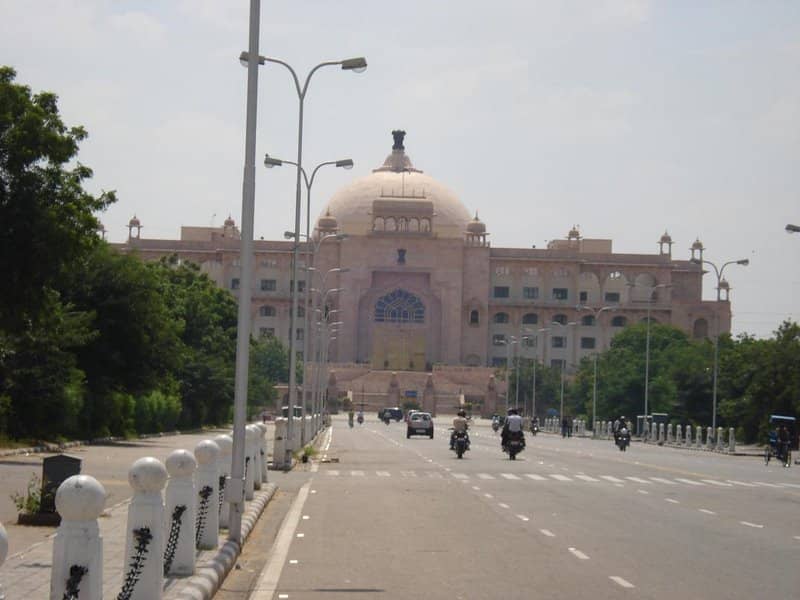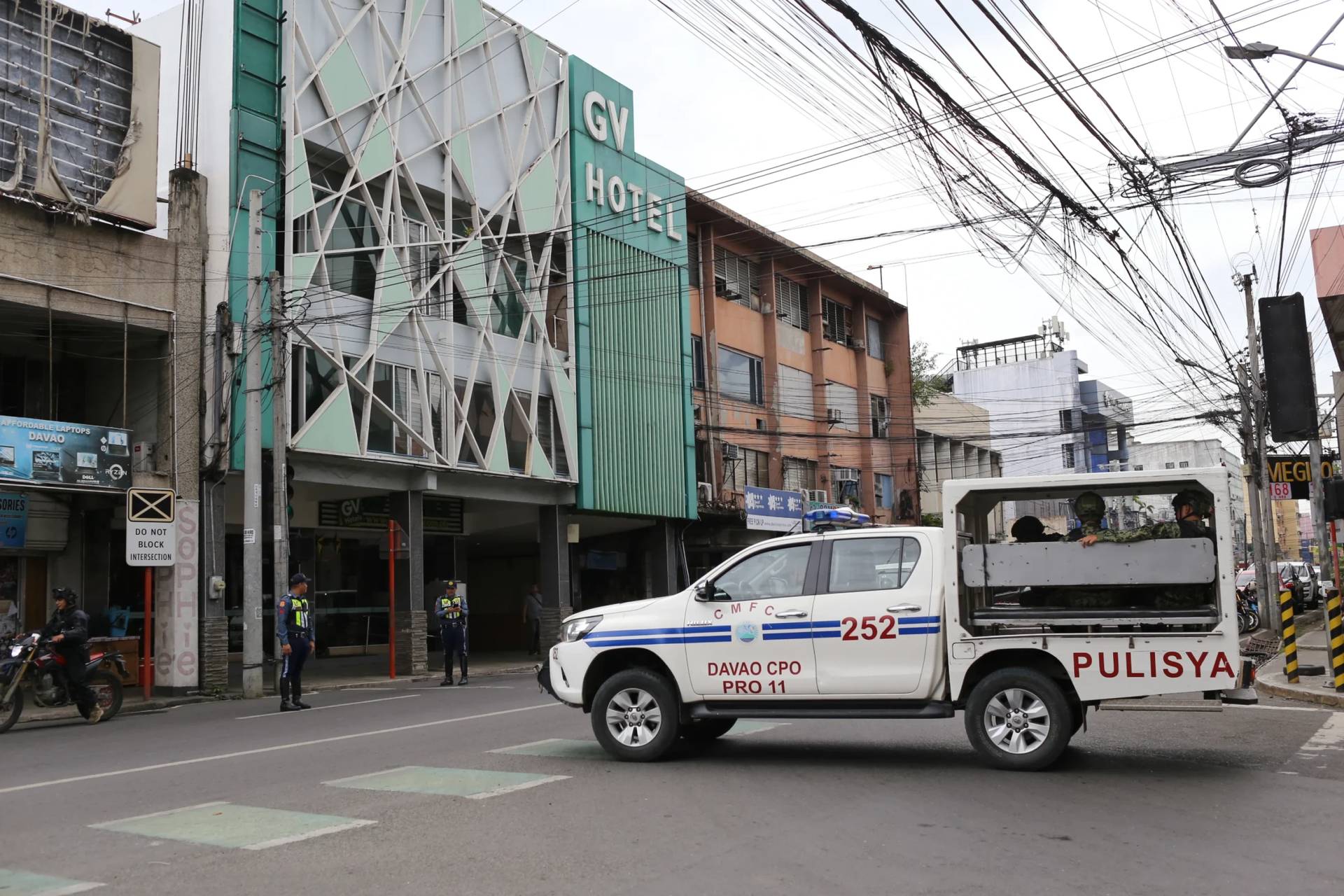ROME – In comments to media over the weekend, Taipei’s new Archbishop Thomas Chung An-zu said he’s confident that the Vatican’s apparent courtship of China will not have an impact on Taiwan’s relationship with the Holy See.
According to Taiwanese news agency Focus Taiwan, Chung, in comments to media before his installation as the new archbishop of Taipei on Saturday, said that while the Vatican is concerned with evangelization in China, “In my opinion, this will not affect Taiwan-Vatican relations.”
Among other things, he cited his appointment as an indication of how valuable the Vatican’s relationship with Taiwan is.
Currently Taiwan holds diplomatic relations with just 15 countries, the Holy See being its only diplomatic tie in Europe.
For the past seven years the Holy See under Pope Francis has pursued an aggressive courtship with mainland China, most notably by signing a provisional agreement with Beijing on the appointment of bishops in 2018.
Lasting two years, the terms of that agreement were never made public. However, it is known that it’s set to expire in September. The Holy See is currently in negotiations with China about renewing the agreement.
Supporters of the deal have argued that strengthening ties with Beijing will help the Vatican to protect the 13 million Catholics in China, while opponents have argued that the Vatican is betraying Catholics who for years have faced persecution for remaining loyal to Rome despite pressure from the Chinese Communist Party.
According to Focus Taiwan, Chung said the chargé d’affaires of the Apostolic Nunciature in Taiwan, Monsignor Arnaldo Catalan, is happy with the development of the Catholic Church in Taiwan and celebrates the religious freedom Catholics in the country enjoy.
Chung, 68, was appointed Archbishop of Taipei in May 2020 and was formally installed this weekend during a ceremony held at the Fu Jen Catholic University. He replaces Archbishop Hung Shan Chuan, who resigned in May after reaching the retirement age of 75.
The ceremony was attended by Taiwanese President Tsai Ing-wen and former Vice President Chen Chien-jen, as well as a handful of civil and religious leaders.
During the Mass, Tsai praised Chung for his efforts in promoting interreligious dialogue and youth ministry, and voiced her hope that the Catholic Church would be able to provide more opportunities for young people to take a leading role in Taiwanese society.
Despite its ongoing courtship of China, the Vatican has consistently insisted that it will not abandon Taiwan; however, many remain skeptical that the Holy See will maintain formal ties should Beijing signal an openness to diplomatic relations.
During the coronavirus outbreak in Italy, Pope Francis remained silent about Taiwan’s donations to the Vatican and its efforts to assist ailing religious congregations while publicly praising China for the assistance it provided.
Both mainland China and Taiwan offered donations of medical supplies and other aid to Italy and the Vatican during the coronavirus outbreak this spring, but until now the Vatican has only issued an April 9 statement voicing gratitude for “the solidarity of the Chinese people and of Catholic communities (in China) toward those involved in assisting people affected by COVID-19 and in the prevention of the ongoing coronavirus epidemic.”
Taiwan has also offered donations of food and medical supplies to the pope’s charities and several religious institutes around Rome.
However, the Vatican has so far refrained from making any public statements of gratitude for Taiwan’s donations, as it did for China.
In addition to its silence on Taiwan, the Vatican has also remained silent about the ongoing protests in Hong Kong over a new national security law which many pro-democracy activists see as an end to the “one country, two systems” approach to Hong Kong that China has touted since it regained control of the territory from the United Kingdom in 1997.
Taiwan has not only condemned the new law, but alongside several other countries has offered citizenship to anyone who flees Hong Kong because of the legislation.
In a July 10 statement from its Ministry of Foreign Affairs, Taiwan called the law “a grave renunciation of the commitment China made to Hong Kong and the international community,” insisting that the “criminalization” of certain actions under the new law restricts “the high degree of autonomy that its people have enjoyed” and undermines “the widely held values of democracy, human rights, and freedom.”
Taiwan also insisted that it occupies a crucial position in securing democracy in Asia, and voiced hope that the international community would “jointly support the people of Hong Kong and protect Taiwan.”
“Taiwan stands on the global democratic community’s first life of defense, and the survival and development of democratic Taiwan are key to regional peace and stability,” the statement said, urging international leaders to “come together to counter China’s hegemonic expansion and work collectively to safeguard Taiwan’s democratic system and protect it from destruction at the hands of totalitarian China.”
So far, Pope Francis has remained silent on this issue of Hong Kong. Two weeks ago, he came under fire for omitting an appeal for religious freedom and human rights in Hong Kong during his July 5 Angelus address.
Follow Elise Ann Allen on Twitter: @eliseannallen














